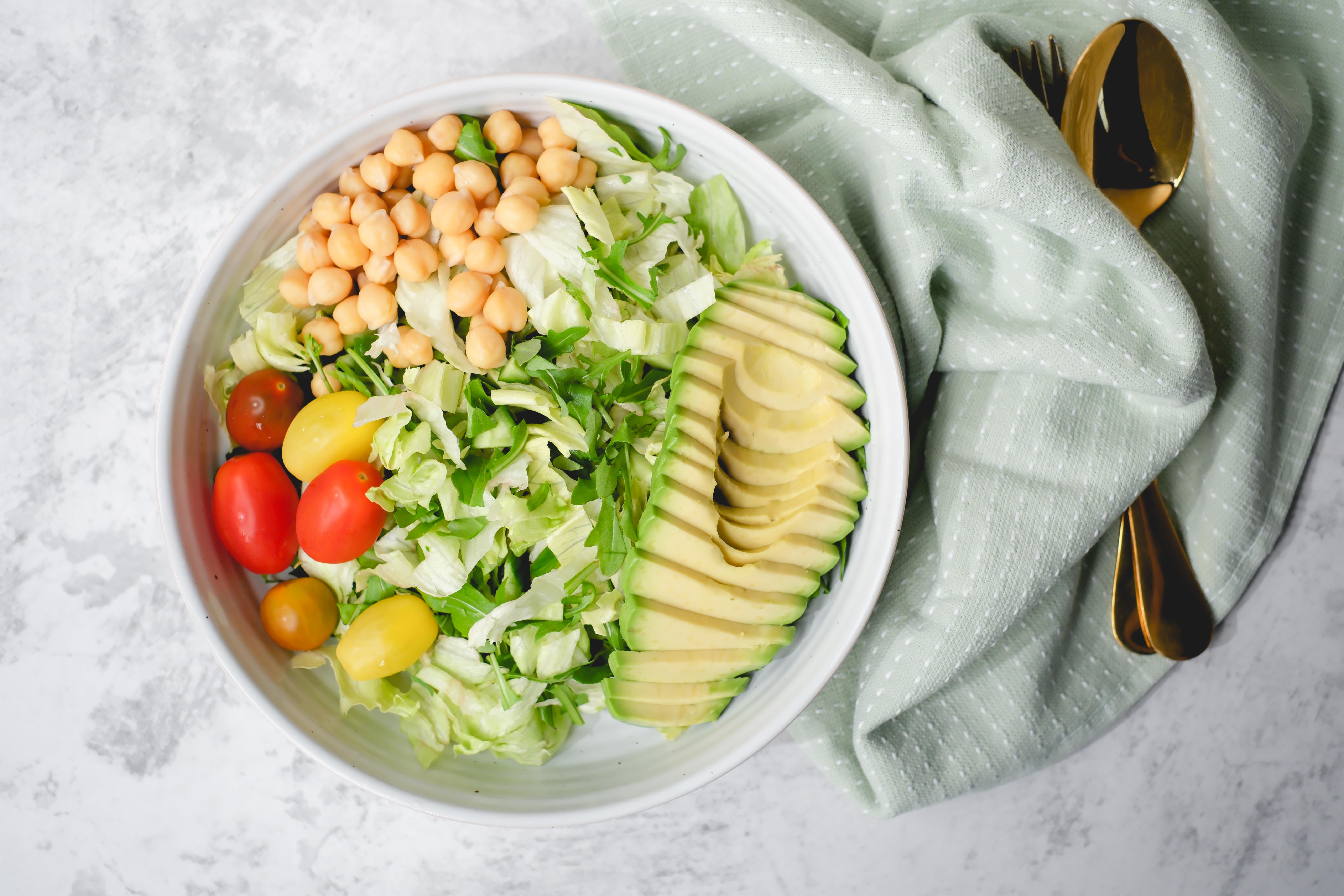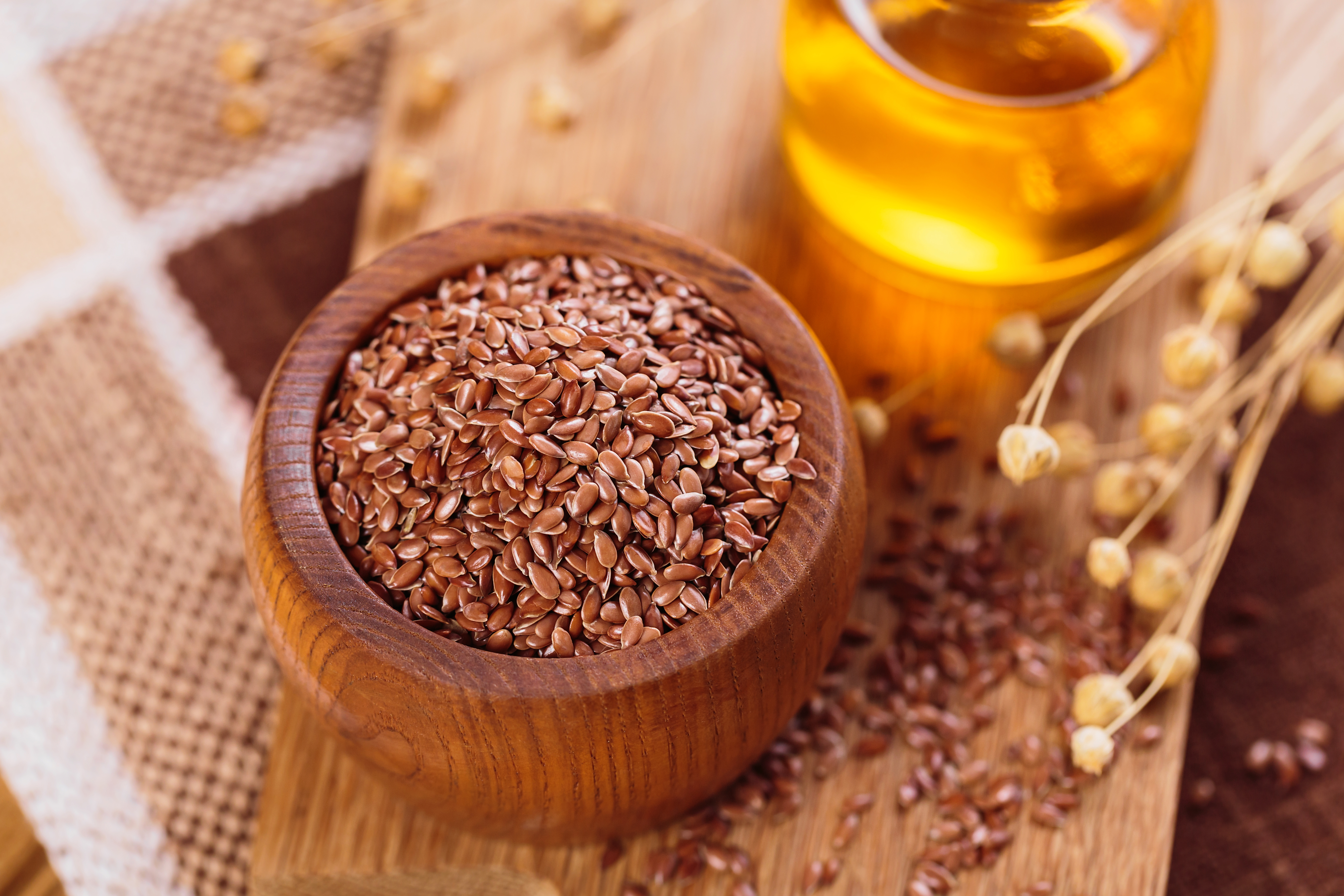A Dietitian's Guide to Lowering Cholesterol Without Medication
3. Opt for Healthy Fats

Replacing saturated and trans fats with healthier fats is crucial for cholesterol management. Monounsaturated fats, found in olive oil, avocados, and certain nuts, can help reduce bad LDL cholesterol levels while maintaining good HDL cholesterol. Polyunsaturated fats, such as those found in fatty fish like salmon and mackerel, are rich in omega-3 fatty acids, which have been shown to lower triglycerides and support heart health. By choosing healthy fats, you can reduce your cholesterol levels and improve overall cardiovascular health.
4. Incorporate More Nuts and Seeds

Nuts and seeds are nutritional powerhouses packed with heart-healthy fats, fiber, and protein. Almonds, walnuts, flaxseeds, and chia seeds are particularly beneficial for lowering cholesterol. Regular consumption of these foods has been associated with reduced LDL cholesterol levels and improved heart health. A handful of nuts or a tablespoon of seeds added to your meals or snacks can make a significant difference. They also provide essential nutrients like magnesium and vitamin E, which support cardiovascular health.
